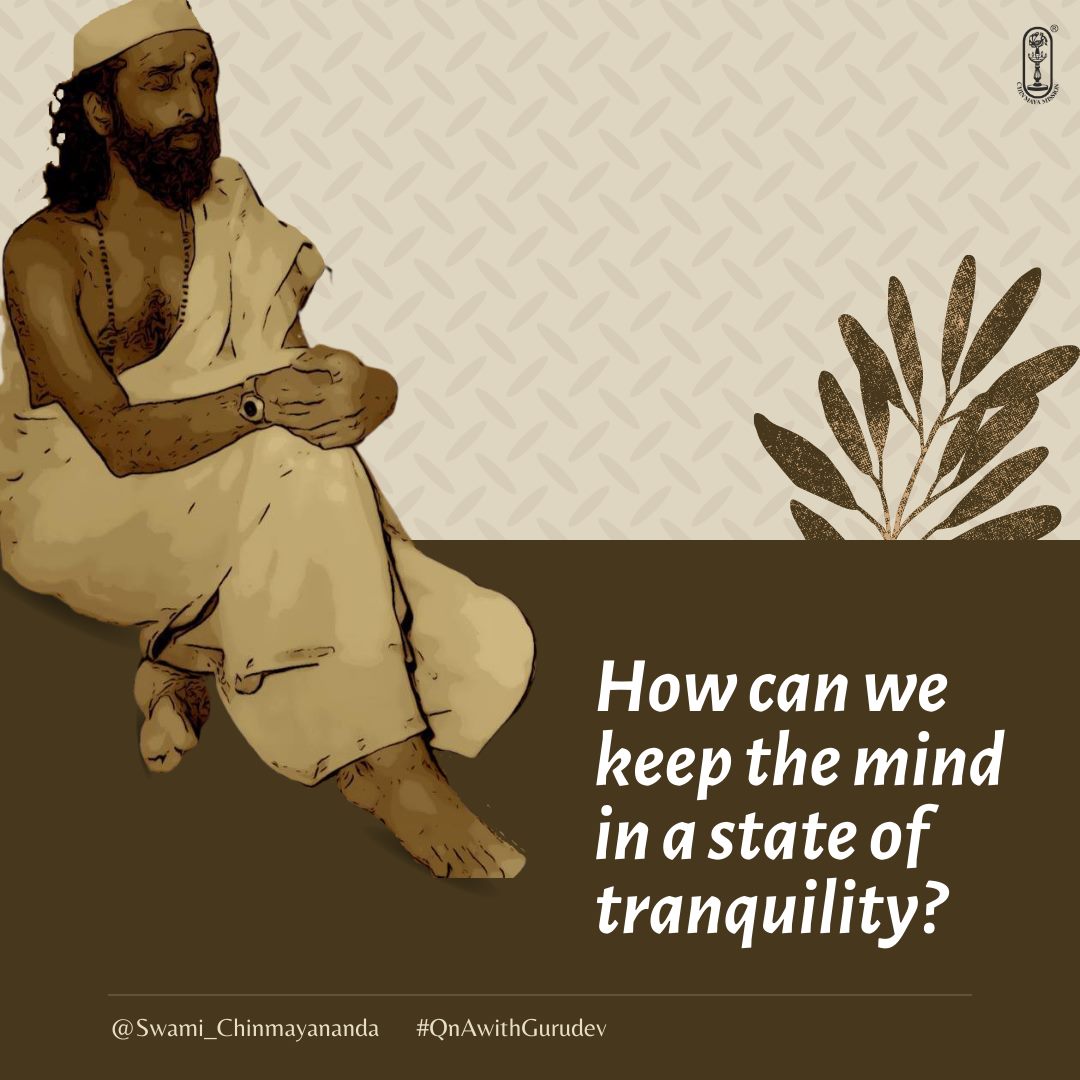The Philosophy of the Bhagavadgita - 12-1 : Swami Krishnananda.

-------------------------------------------------------------------------------- --------------------------------------------------------------------------------- Saturday, July 31, 2021.7:48. PM. Chapter -12. God and the Universe - 1. --------------------------------------------------------------------------------- By the time we reach the Seventh Chapter of the Bhagavadgita we are touching a new realm of being, and the whole perspective that was presented before us in the course of the earlier six chapters suddenly changes, as if a curtain has been lifted in the dramatic portrayal of the Gospel. There is an introduction of the soul of the seeker to the empyrean of the Creator, a subject which has not been adequately touched upon during the earlier course of the studies. There has been a particular emphasis laid in the first six chapters upon the individual, the duty of the person, the integration of the psychophysical complex. There has been an admonition in the earlier chapters...














